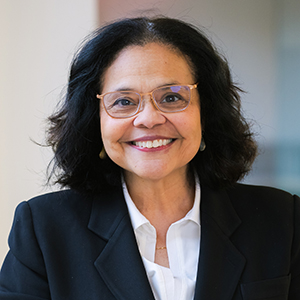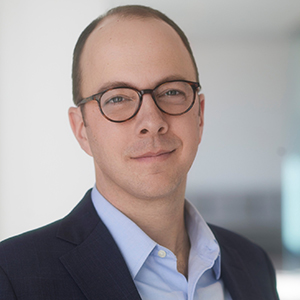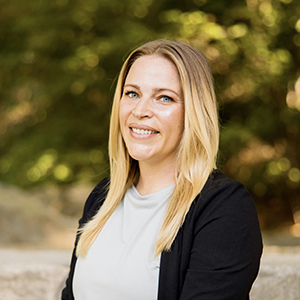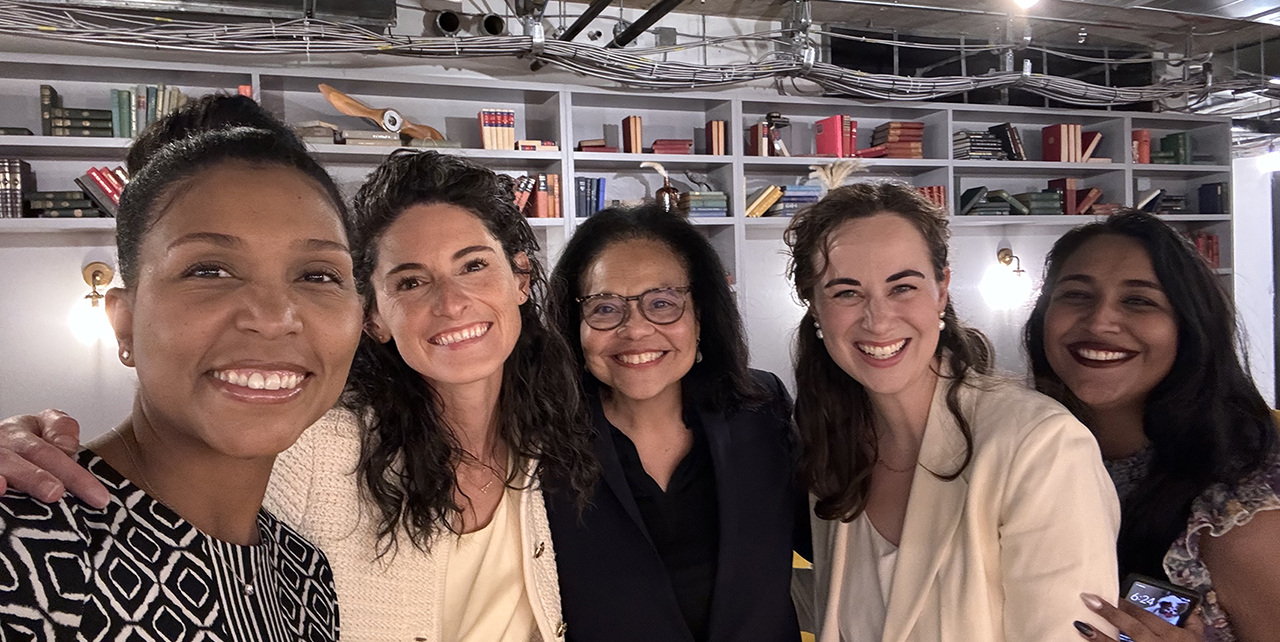Bloomberg Harvard City Leadership Initiative
Leading with Intentionality: The 4P Framework for Strategic Leadership
HKS Faculty Research Working Paper Series

Reimagining cities where all can flourish
The Equity Innovation Hub, led by Kimberlyn Leary, Ph.D., MPA, is a think-and-do lab based at the Bloomberg Center for Cities at Harvard University. Launching formally in the spring of 2025, the Hub already supports current and future government and community leaders in data-driven innovation and to collaborate across boundaries to advance equitable outcomes.
Stay in touch: Fill out our interest form.
Cross-Boundary Collaboration. Faculty director Kimberlyn Leary, Bloomberg Harvard City Leadership Initiative
Leading City Procurement Reform. Co-faculty directors Kimberlyn Leary and Jeffrey Liebman and the Harvard Kennedy School Government Performance Lab, Bloomberg Harvard City Leadership Initiative
Program for New Mayors: First 100 Days,. Co-faculty directors Kimberlyn Leary and Mitch Weiss, Bloomberg Harvard City Leadership Initiative
NeighborWorks America Achieving Excellence Program for executive leaders in the affordable housing and community finance development. Faculty director Kimberlyn Leary, Harvard Kennedy School
Health Equity by Design, Harvard Medical School





Improving outcomes for city residents by identifying, building on, and scaling leading practices for delivering more effective public services through integrating disciplines like behavioral insights, customer experience, and implementation science.
Forthcoming:
An Inflection Point for Equity or Just Another Twist and Turn?: It All Depends on What We Make of It
Municipal Chief Equity Officers: A New Role to Realize the Vision of Equitable Cities
Bloomberg Harvard City Leadership Initiative
HKS Faculty Research Working Paper Series

